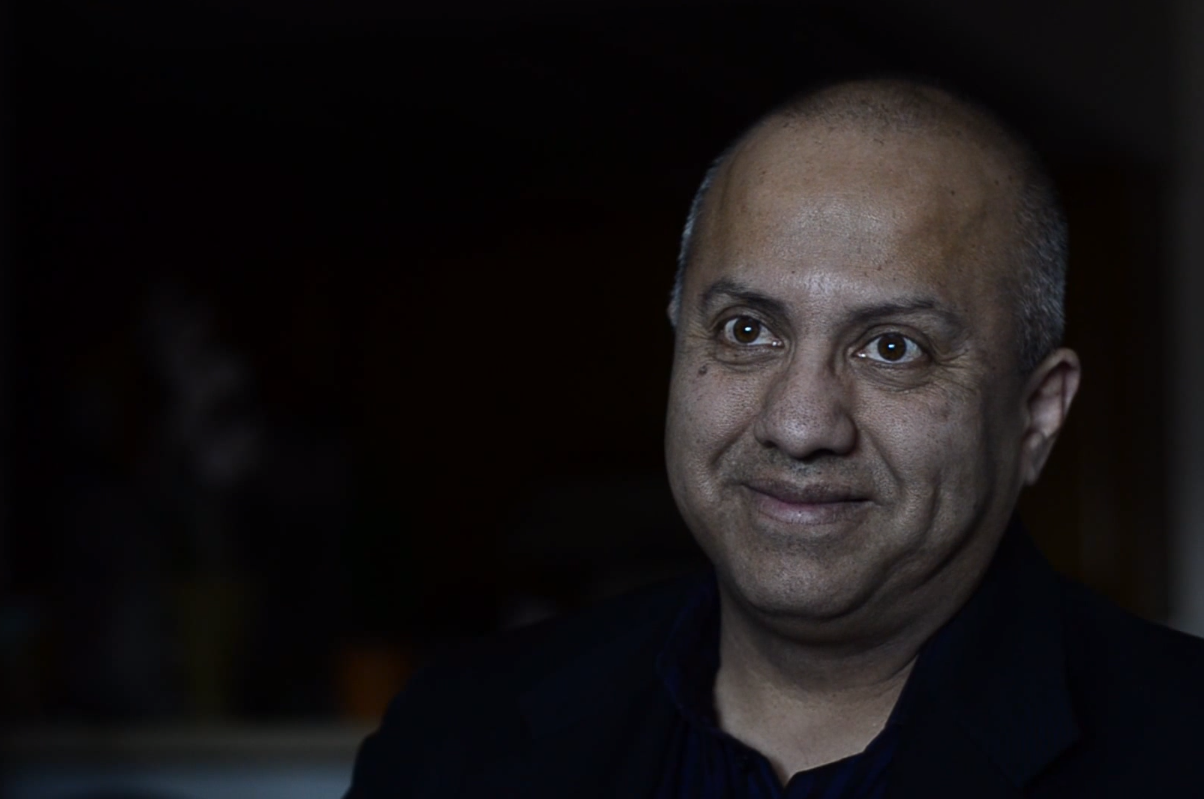Tarek Hamdi is a civil engineer who’s helped build freeways, tunnels and bridges throughout New England and Southern California. His wife (his college sweetheart) and his four daughters are all American-born U.S. citizens. So it made sense to Tarek, who was born in Egypt but has lived in the U.S. since he was a teenager, to try to become a citizen.
In 2001, he submitted his naturalization application. By law, naturalization applications are supposed to be processed in six months. Tarek’s took almost ten years because Tarek is also a practicing Muslim.
For Tarek, that means being a leader in his local religious community and regularly donating money to support humanitarian causes. For the U.S. government, it meant trying to prevent Tarek from becoming a citizen any means necessary. After stalling for years, they finally denied Tarek’s application outright.
When Tarek tried to find help to remedy his situation, the ACLU of Southern California answered his call. We took Tarek’s case because he was just one of thousands of Muslim immigrants whose naturalization applications have been unlawfully delayed and denied by the federal government on account of their religion and national origin.
When we went to trial against the government, countless character references from Tarek’s community came forward to testify that Tarek is an upstanding man who is honest, hardworking, and devoted to his family and his faith. We also found out that the U.S. Citizenship and Immigration Service (USCIS) denied Tarek’s application because of a donation Tarek made to the Benevolence International Foundation (BIF). He had lawfully donated that money to BIF in 2000 to support their efforts to provide humanitarian relief around the world.
U.S. Citizenship and Immigration Services (USCIS) called BIF a terrorist organization, and tried to paint Tarek as a supporter of terrorism.
But by the trial's end, the judge believed Tarek. And she asked to personally swear him in as a citizen. On May 1, 2012, federal district court Judge Virginia Phillips welcomed Tarek as a fellow citizen. And decades after he first moved to the U.S., he was finally able to vote in his first election this past November.
As I learned about Tarek through the litigation of his case and witnessed his American patriotism and perseverance first-hand, I realized one more reason his case is important. The U.S. should not only be allowing people like Tarek to become citizens, it should be encouraging more people like him to join the fold.
Unfortunately though, illegal USCIS policies are still discriminating against Muslim immigrants across the country as they apply for naturalization and other immigration benefits, and excluding them from benefits to which they are legally entitled.
